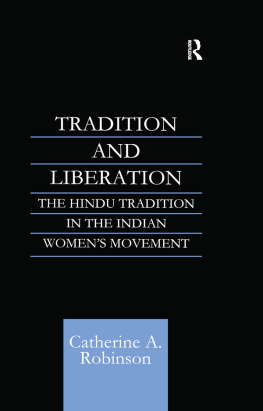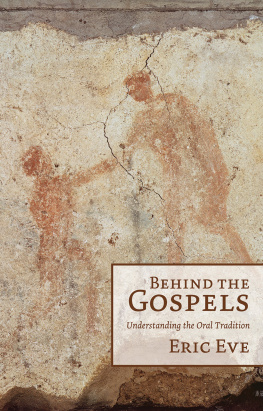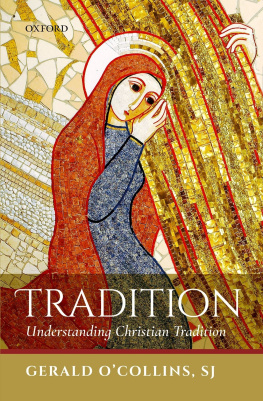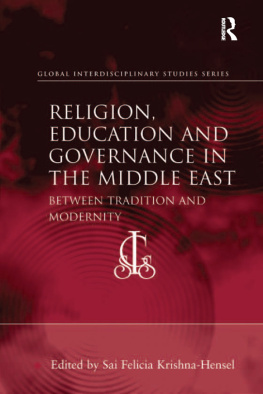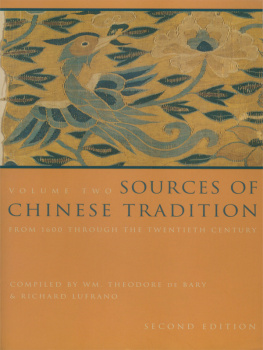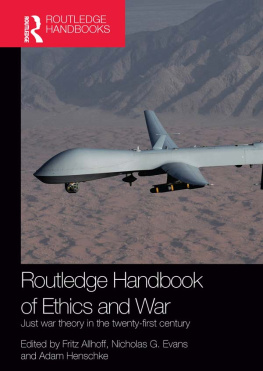

2013 by University Press of Colorado
Published by Utah State University Press
An imprint of University Press of Colorado
5589 Arapahoe Avenue, Suite 206C
Boulder, Colorado 80303
All rights reserved
Printed in the United States of America
| The University Press of Colorado is a proud member of the Association of American University Presses. |
The University Press of Colorado is a cooperative publishing enterprise supported, in part, by Adams State University, Colorado State University, Fort Lewis College, Metropolitan State University of Denver, Regis University, University of Colorado, University of Northern Colorado, Utah State University, and Western State Colorado University.
All rights reserved
Manufactured in the United States of America
Cover design by Dan Miller
Cover illustration Mark Aplet / Shutterstock
, Thinking through Tradition, was originally published in Oring, Just Folklore, Cantilever Press. 2012 Elliott Oring
ISBN: 978-0-87421-900-5 (e-book)
ISBN: 978-0-87421-899-2 (paper)
Library of Congress Cataloging-in-Publication Data
Tradition in the twenty-first century : locating the role of the past in the present / edited by Trevor J. Blank and Robert Glenn Howard.
pages cm
Includes index.
ISBN 978-0-87421-899-2 (pbk.) ISBN 978-0-87421-900-5 (e-book)
1. Folklore. 2. Tradition (Philosophy) 3. Oral tradition. 4. Communication in folklore. 5. Semiotics and folk literature. I. Blank, Trevor J.
GR71.T73 2013
398.2dc23
2013009390
Contents
Acknowledgments
W HAT FIRST BEGAN AS A STIMULATING CONVERSATION ABOUT tradition in contemporary folkloristics morphed into an exciting conference panel on the subject; ultimately, our extended conversation developed into this book, and its publication has been over four years in the making. As editors, we are indebted to many people for their help in making this volume a reality.
First and foremost, we would like to thank the wonderful staff at Utah State University Press and the University Press of Colorado, especially Michael Spooner, Dan Miller, and Laura Furney. John Alley was instrumental in developing the book from a lively panel into an expansive collaborative work. We are grateful to the American Folklore Society for providing an initial forum for exploring this books subject matter. As always, we would like to thank our families ongoing support at home because that is the private well from which our public expressions draw.
Our colleagues reliably provided robust feedback and unwavering moral support, as well as inspiration, through their ideas both in writing and face-to-face. In particular, we would like to thank Donald Allport Bird, Anthony Bak Buccitelli, Charley Camp, Bill Ellis, Tim Evans, Lisa Gabbert, Barbara Kirshenblatt-Gimblett, Spencer Lincoln Green, Robert Georges, Michael Owen Jones, Tim Lloyd, John McDowell, Jay Mechling, Montana Miller, Dorothy Noyes, Andrew Peck, Leonard Primiano, David Puglia, Kate Schramm, Moira Smith, Steve Stanzak, Jeff Tolbert, Elizabeth Tucker, and Daniel Wojcik. Additionally, we are thrilled and honored to have worked with such an esteemed group of contributors, all of whom put a great deal of time and effort into seeing this project through from start to finish.
Finally, we would like to especially recognize Bill Ivey. Without his powerful speech at the American Folklore Society conference in 2007 to spur us on, you would not be reading these words today. In his generation or any other, few have done more to forward the field of folklore studies than he. It is our pleasure to dedicate this book to him.
Trevor J. Blank
Robert Glenn Howard

Introduction
Living Traditions in a Modern World
I N HIS 2007 PRESIDENTIAL ADDRESS TO THE AMERICAN Folklore Society (AFS), later published in the Journal of American Folklore, Bill Ivey boldly asserted that antimodernism is a central motivating engine that runs through all of folklore (Ivey 2011, 11). Painting a vivid picture of the archetypical homes where folklore researchers live, he described how they keep their black-and-white TV set tucked far into the corner while opting to sing or dance in their living rooms. Counting those in the audience that day among his dancers, Ivey proclaimed that we who research folklore are temperamentally disposed against the forces of modernity (11). His compelling speech jarred the soon-to-be-coeditors of this book to attentionand out of a significant rut in the shared ideological road that folklorists travel.
Is it really true that folklore and the researchers who study it are disposed against the forces of modernity by temperament? With tradition both thoroughly embedded in modern life and at the center of folklore studies, can a student of folklore actually be inherently antimodern? We decided to put together a panel for the 2009 American Folklore Society Annual Meeting in Boise, Idaho, that would explore tradition as it manifests among us today. Joined by folklorists Simon J. Bronner, Merrill Kaplan, Elliott Oring, and Tok Thompson, we set out to demonstrate that tradition is indeed alive and well in the twenty-first century. In doing so, the panel helped to facilitate a vibrant discourse that generated ongoing discussions, debates, and disagreements. We explored the very nature of tradition as a concept, as well its role within folkloristics, and that discussion continued well after the session concluded. Ultimately, these ongoing debates about tradition have yielded the diverse body of essays that comprise this volume.
To set the stage for the broad ground traveled in this collection, our introduction aims to more fully explore the position that folklore scholarship might be antimodern and consider what such a possibility suggests about tradition as a central concept within the field of folklore studies. We begin by briefly exploring the meanings of the word folklore in relationship to tradition. Next, we address the concept of modernity in an effort to locate why some folklorists may feel that it is at odds with folklore studies and how tradition is central to that tension. In that discussion, it becomes clear that insofar as we are modern, we are also the bearers and users of tradition. Bringing tradition with us conserves our links to the past, even as those links are enacted in the present. Thus, throughout the course of this introduction, we also argue that voicing an antimodern temperament serves to undermine the contributions that folklore studies can offer to current thinking about the contemporary human experience.
Folklore studies valuation of tradition has a lot to offer current research on todays globalized, media driven, and technologically infused world. To better realize that contribution, however, tradition should be imagined as one aspect of what is modernand we will discuss at least one conception of tradition in which it is. From that perspective, even as tradition gestures to the past, it also carries us forward to our communal future. We describe how tradition can be seen to emerge when, in moments of individual action, we breathe our humanity into the perceived links that allow us to imagine a shared future. Finally, we conclude by offering the reader a synoptic teaser that describes the breadth, depth, and incredibly wide variety of scholarship we have been honored to gather together in pursuit of the diverse manifestations of tradition in the twenty-first century.


